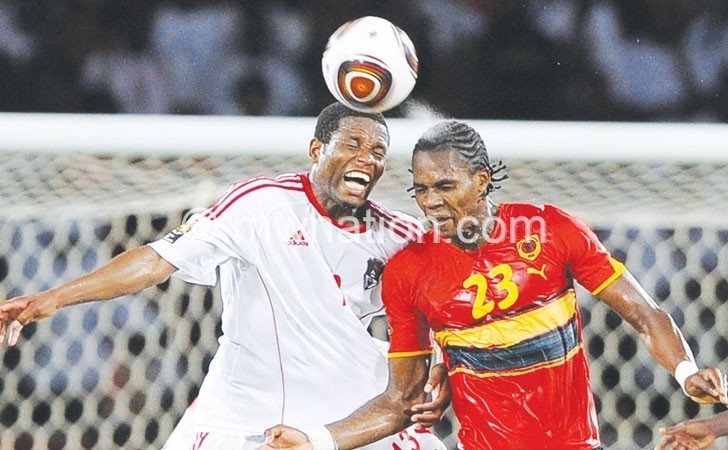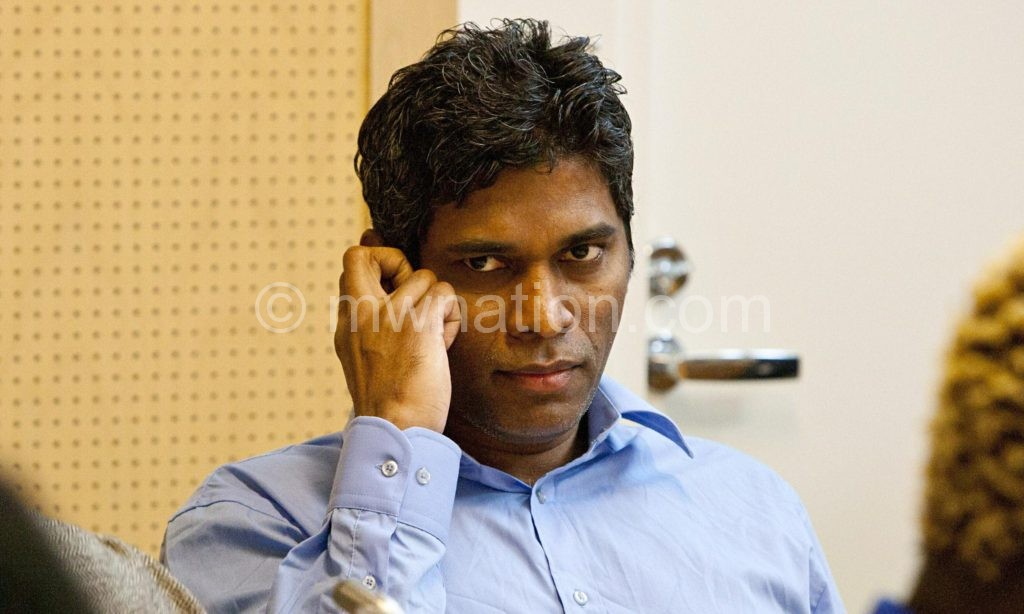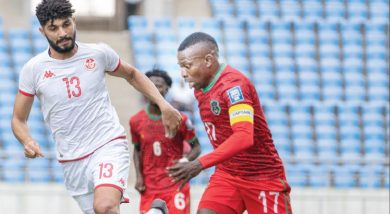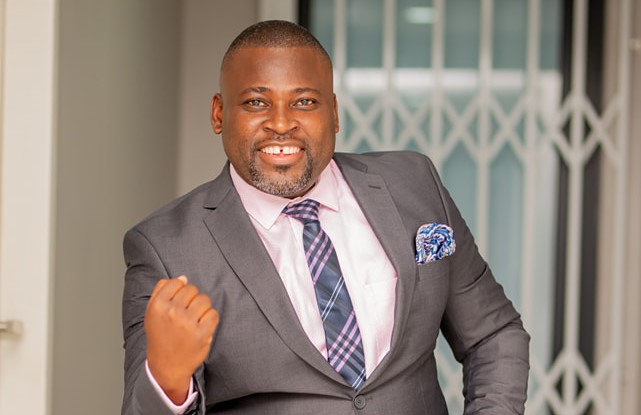Flames players pocketed K270m to fix matches at 2010 Angola Afcon
Several Flames players were involved in match-fixing in the campaign for the 2010 Africa Cup of Nations (Afcon) qualification as well as at the subsequent final tournament in Angola, Weekend Nation can reveal.
The evidence which we have, shows that Hellings Mwakasungula and other six players (names withheld because they are still under investigations by Fifa) were at the centre of the match-fixing syndicate and pocketed up to $360 000 (K270 million) at 2010 Angola Africa Cup of Nations final.

Each got $30 000 for fixing the matches in Angola plus $15 000 per game in eight other matches between 2009 and 2010.
Matches for sale: How it started
It all dates back to 2009 during the Flames Afcon qualification campaign when convicted Singaporean Wilson Raj Perumal, who is serving a prison sentence for match fixing, contacted Mwakasungula through email which we have seen, requesting to ‘work with him’.
On October 20 2009, Perumal contacted Mwakasungula informing him that he could “arrange a friendly match with Bahrain against Malawi on November 6 2009”.

He further stated “If you and your friends can co-operate with me to make sure Bahrain win this match by 3-0 then, I can pay you and your friends $50 000. As this friendly match has no importance, can you work with me? I need goalkeeper and four defenders plus you.”
On October 22 2009, Mwakasungula replied to Mr Perumal by stating: “I have no problem with what you are asking, the game we play is all about money.”
However, the trip did not materialise and the games was cancelled.
$15 000 each for Afcon qualifiers
On November 2, the Singaporeans returned with another proposal in Malawi’s joint Afcon and 2010 World Cup qualification campaign in which the Flames were in Group E with Ivory Coast, Burkina Faso and Guinea.
Perumal offered Mwasangula and his crew $15 000 to ensure Malawi loses to Burkina Faso.
“My dear brother, I have good news for you. I have an idea whereby each player in the Malawi team who play Burkina will make $15 000. I only can pay five players and I want only the back line players. Goalkeeper, three defenders and one defensive midfielder. Listen carefully and this is confidential.
“I can make sure Ivory Coast beat Guinea. Which means you will qualify to Angola. I will prove to you how I can do this only if the five of you from Malawi team agree to let Burkina win by 2-0. You qualify and yet you make $15 000 each.”
Perumal boasted of having a network ready to ensure that Malawi should qualify for the Afcon finals in Angola.
“I have the right people to do the job. I will come to see you in Burkina on November 12th,” he told the defending midfielder.
Indeed Ivory Coast went on to beat Guinea 3-0 while Malawi gave away their game against Guinea 1-0.
Just as Perumal promised, Malawi and Burkina Faso qualified for the Afcon finals while Ivory Coast qualified for the South Africa World Cup.
$30 000 each for Angola tournament
After Malawi’s qualification, Perumal further gave Mwakasungula instructions on November 15, to set up five players to help him fix the Flames’ matches at the tournament where the team was in the same group with Algeria, Mali and hosts Angola, for Malawi to be eliminated in the group stages.
“Now I want you to think carefully. You know you can’t win the African Nations Cup because Ivory coast and Cameroon will end up winning. Can you arrange five players from your team who can co-operate to get results during Africa Nations Cup? I can pay $20 000 for each player for one match.
“I have a betting company. When you guys agree to lose a match I will be able to place bets up to $300 000. In order to lose a match, I need the co-operation of goalkeeper, defenders and defensive midfielders. If you go and play and end up going out first round, you will receive nothing from Malawi FA. For three matches I can pay you and those who agree with me up to $360 000. You speak to guys you can trust in the national team and revert to me,” Perumal wrote Mwakasungula on November 19 2009.
The former Silver Strikers team manager responded on the same day accepting the offer.
Perumal then gave further instructions to Mwakasungula on how they would go about it.
“I can pay you $40 000 if you listen to me and my plan. The others will receive $30 000. This is for each match. If you listen to me for two matches you will make $80 000. I will pay you $20 000 before the match and another $20 000 after the game,” the match fixer wrote Mwakasungula.
At 2010 Afcon held from January 10 to 31, Malawi beat Algeria in the opening match. But Malawi suffered inexplicable 2-0 and 3-1 losses to Angola and Mali, respectively as the Flames exited in group stages.
After the 2010 Afcon, Perumal continued influencing Malawi matches through players on his pay roll.
On May 10 2010, Mwakasungula informed the match-fixer about Malawi’s friendly against Yemen and Perumal asked Mwakasungula if he could recruit some players to “make some money”.
He further gave instructions: “Yemen is a weak team; we have to score and concede goals. Total we need four goals. I can pay $40 000 for six players. Work on it brother. You have to e-mail me the hotel name and your Yemen number”.
Malawi went on to lose 1-0.
On May 11 2010, Mwakasungula provided his whereabouts to Perumal to collect the players’ dues.
No honour among thieves
But the deal with Perumal was not always rosy.
At one point the Flames players took Perumal to task for failing to honour his pledge after they ‘delivered’ in Malawi’s 1-1 draw against Togo in an Afcon qualifier.
The players complained to Perumal that his associate, a Mr. Jason, refused to pay an agreed amount after the game.
“We made an agreement for us to concede a goal in the first-half but your friend is trying to be clever by trying not to give us our money. You know it’s me who talked to the boys and now they are on my neck…please talk to Jason so we can address this issue,” Mwakasungla pleaded with Perumal.
But in response, Perumal fumed at the players for failing to adhere to the agreed terms.
“We clearly send a message saying we want three goals in second-half. Where are the goals? We lost money today because you guys never kept your promise.When you promise, you have to deliver. You can’t take us for granted. We spend lots of money,” he responded.
The relationship went on up to late 2010 during Malawi’s failed Sudan 2011 African Nations Championship (Chan) qualification, with the players promising to fix the matches even at the final.
In response Perumal stated: “This time talk to defenders who are brave. That Africa Nations Cup was big money.”
FAM responds for first time
Football Association of Malawi (FAM) general secretary (GS) Alfred Gunda said FAM was shocked with the conduct of the players.
The GS said FAM has taken steps to ensure there is no repeat of the scandal which has dented Malawi football.
“We would like to warn all stakeholders that FAM, just like Fifa, will fight all forms of match manipulation. We will strive to uphold the integrity of the game as emphasised by Fifa,” he said.
Asked what measures the FA has so far taken, Gunda said the association has appointed Thoko Chazema as integrity officer, whose job is to ensure that all cases of match manipulation are investigated.
“It’s not easy to get evidence of match manipulation. We already engaged other stakeholders such as Anti-Corruption Bureau to help us fight match fixing because they have the expertise,” he said.
Fifa banned Mwakasungula from taking part in any kind of football-related activity at national and international level while the other players are still under investigations.
But Malawi captain during period in question, Peter Mponda, said he was surprised with the revelations.
“Honestly, I knew nothing,” he said.
Mwakasungula also denied the accusations. His lawyer Trouble Kalua said they will appeal the Fifa life ban sentence.
“But the challenge is to raise the appeal fees [K2.4 million],” he said.





